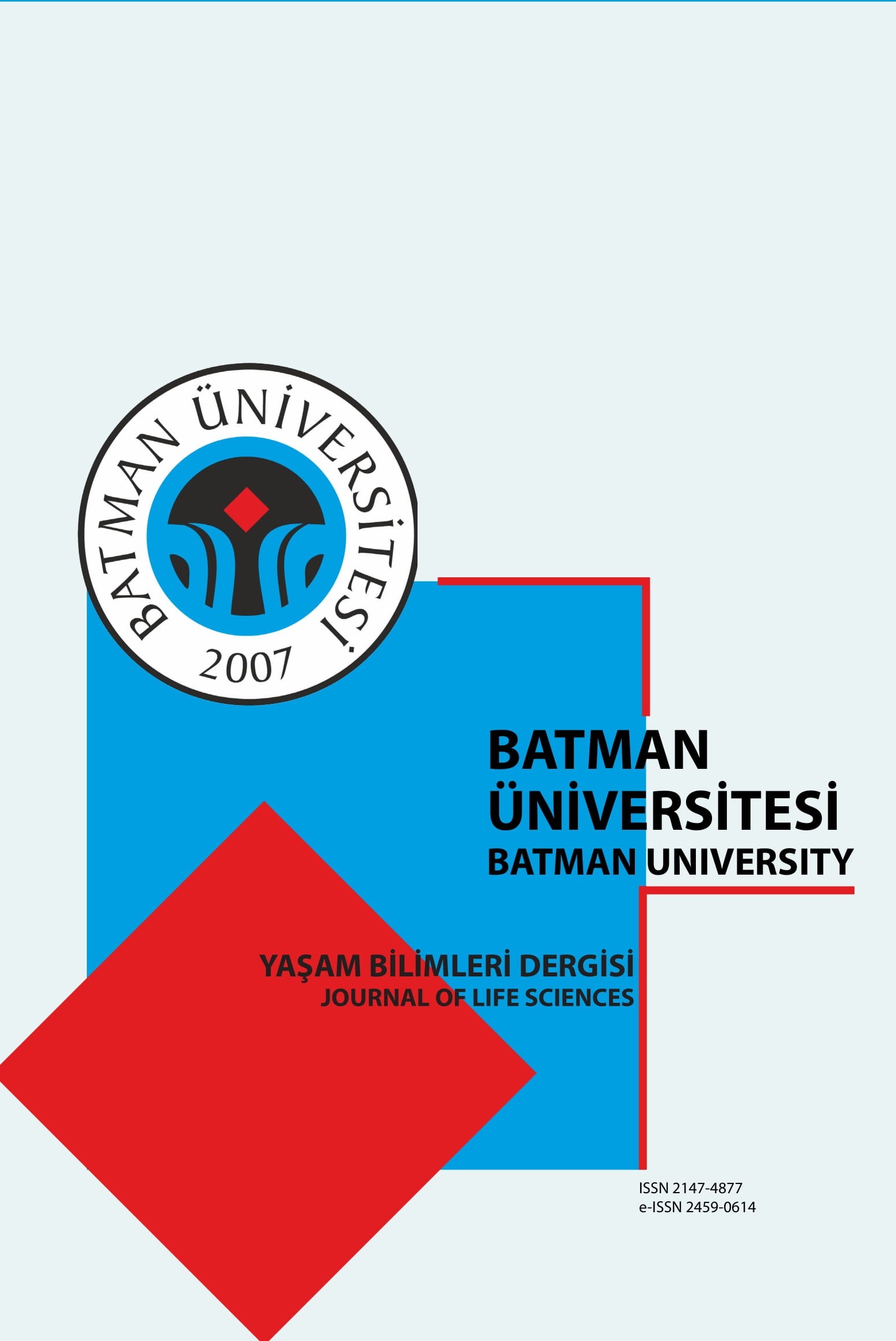MEVLÂNÂ’NIN RUBAİLERİNE DAİR SOSYOLOJİK BİR OKUMA -I-
Bıraktıkları edebi eserlerle tarihe ve insanlığa mâl olmuş kişiler, estetik / haz kavramlarını da aşarak yaşadıkları devre neredeyse yön verebilecek irfana ve iktidara ulaşabilmişlerdir. Mütecessis, mutasavvıf ve şair Muhammed CelâleddînRûmi de bu minval üzere büyük bir şahsiyettir. Eserlerinde felsefi dille değil doğrudan gönüllere hitabı seçerek, sosyal konular üzerine yoğunlaşmış, günümüzde de geçerliliğini koruyan toplumsal sorunların çözümüne katkıda bulunmuştur. Bu bağlamda, Mevlana’nın eserlerini okurken satıhta gezmek yerine daha derinlerde değişenlerin özünde değişmeden kalabilen tözlere ulaşarak çıkarımların yapılması anlamlı olacaktır. Tüm dünyada “hoşgörünün sembolü” olarak tanınan Mevlana’ya sadece bu gözle bakmak O’nun adeta birer “terapi” niteliğindeki eserlerindeki kişisel gelişime dair yüzlerce tespiti görmezlikten gelmek demektir ki bu her türlü bilimsel ve vicdani değerlendirmelerden varestedir. Şüphesiz Mevlana Celaleddin Rumi’nin özellikle rubaileriitibariyle adeta bir “sosyolojik okuma”sının bir bildiriyle yapilabileceğini iddia etmek, safça ve kibirlice olacaktır. Bu itibarla bildirimizde özellikle araştırmacılar tarafından biraz da ihmal edilen rubailerinden hareketle daha önce yapılan tespitlere katkı sağlamayı amaç edindik.
The Sociological Reading of Mevlana’s Rubais I
The persons those belong to the history and humanity with their literary works come to the enlightment that conducts the time of their era by going beyond the enjoyment concepts. MuhammedCelâleddîn-i Rûmi who is inquisitive, Sufi and poet can be mentioned as one of them. By preferringindirect rhetoric to the feelings other than philosophical complications Mevlanahas also focused on societal issues, therefore he has likely contributed to the solutions to the contemporary issues of our era. In this context, it will be meaningful to have inferences by reaching Ousia that is capable of having stable in changing essence other than surfing on superficies reading of Mevlana. Without doubt, It would be naïve and arrogant to claim that the sociological reading of Mevlana’s works and his evaluations might be explored here in such a short presentation and paper. Thus, we aim to contribute to the literature by focusing on some of his Rubais (quatrains) that have been neglected so far.
